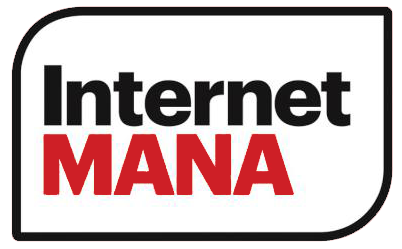Charter school accountability? Yeah right. – Minto
Posted on October 22, 2012 by admin in Mana BlogHow many times have we heard Associate Education Minister John Banks tell us that the government’s charter schools will have greater accountability than public schools?
So many times that it’s become one of Banks’s sound bites – “… in exchange for greater freedom, charter schools will be held more accountable for improving student outcomes”.
But with the release last week of draft legislation establishing charter schools it is clear these schools will have much less accountability to students, parents and the local community than state schools face at present.
The legislation proposes to exempt charter schools from the provisions of the Official Information Act and any investigation by the Ombudsman’s office.
So what might some of the implications of this be?
Firstly public schools are subject to the Local Government Meetings Act, which means their meetings are open but charter schools will be exempt. Parents can attend their local Board of Trustee meetings at public schools but at charter schools they will be locked out. These schools will be able to conduct their business behind closed doors without parents having a say. They will be able to hide such things as management salaries and how much profit they make from public education funds.
Secondly there are many instances where they will be not be required to reveal information such as in the last few months when Fairfax Media and the New Zealand Herald used the provisions of the Official Information Act to require schools to provide information on national standards. There will be no such requirement for charter schools to produce information like this directly. Why not?
Thirdly charter schools will want to hide their very high student dropout rates. The government regards the KIPP (Knowledge is Power Programme) as international best practice in charter schools but they have a shocking dropout rate of 30% (40% (sic) for African American boys) before Year 9. The schools then celebrate their student success by measuring academic achievement only from a Year 9 base – after they have weeded out lower achievers, special needs students and children with behaviour problems.
These New Zealand charter schools know they would face a barrage of criticism if 40% of Pacific Island boys or 40% of Maori boys were weeded out. They will want to keep that hidden.
Fourthly protection from the Ombudsman will be similarly important for charter schools as they weed out “undesirable” students. Currently the Ombudsman is the only place most parents can raise a complaint about a suspension or expulsion of a child because the cost of a High Court challenge is prohibitive (typically around $20,000) Parents will simply have to accept the decision and take their kids back to a public school.
Maori and Pacifika children will suffer the most in the savage regime operated around charter schools where parents have no representatives in school governance and are excluded from school meetings while their children will bear the brunt of the harsh “weeding out” regime which charter schools typically operate.
Chief Ombudsman Dame Beverley Wakem has already raised concerns about the accountability exemptions proposed for charter schools. Her office was not even consulted before the legislation was drafted.
There is no educational justification for these schools in the first place and no justification for any exemption from public scrutiny.



Discussion · No Comments
There are no responses to “Charter school accountability? Yeah right. – Minto”.No one has posted a comment on this post yet. Start the discussion!
Leave a Comment